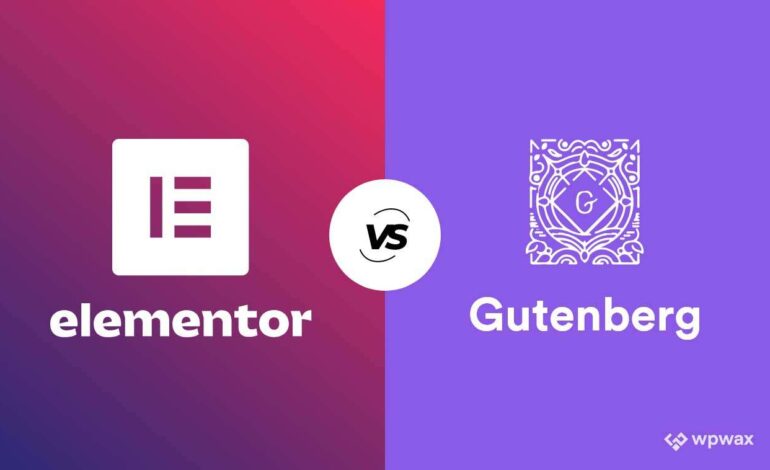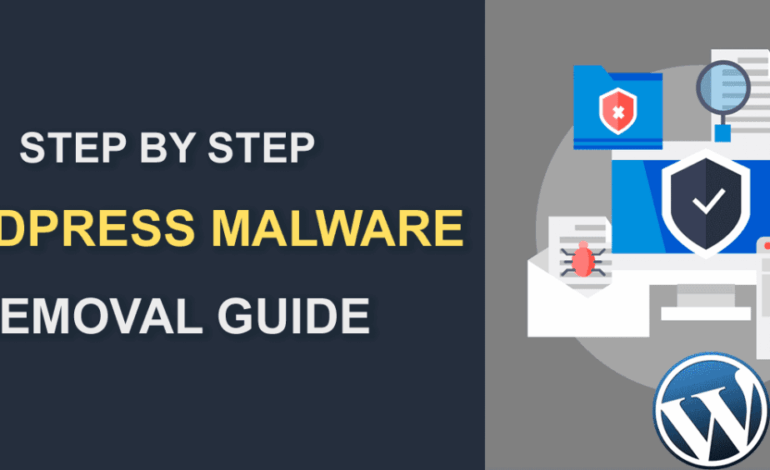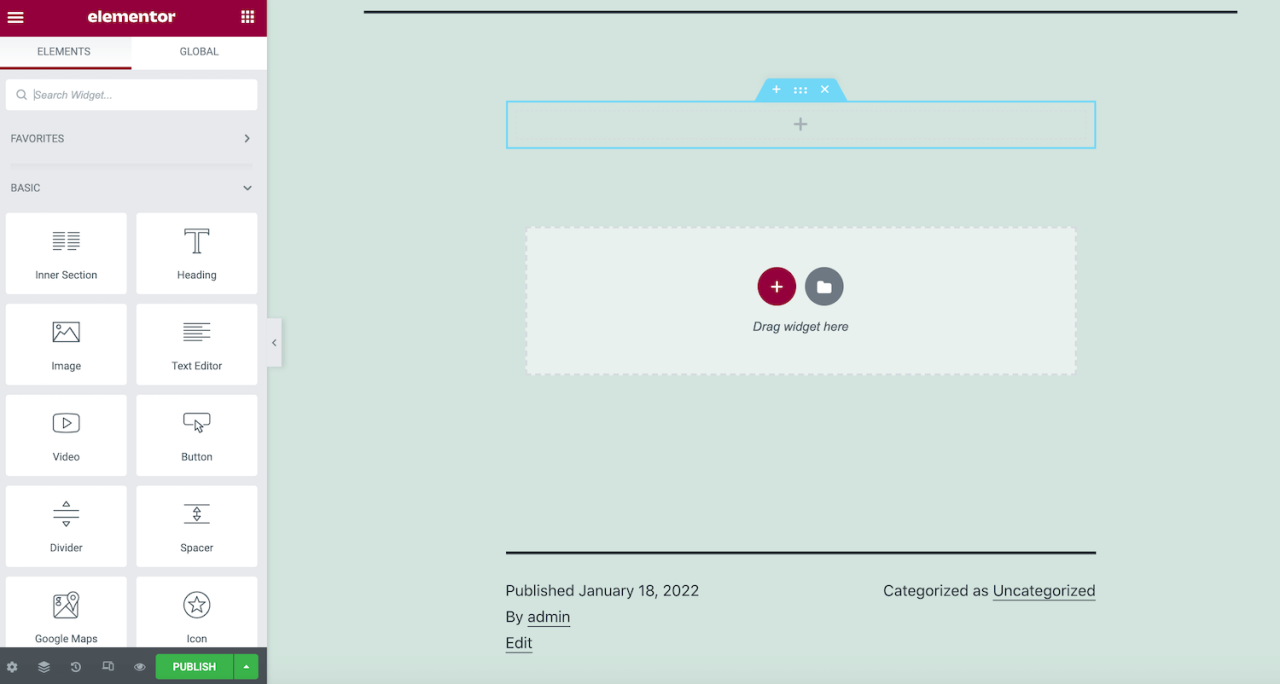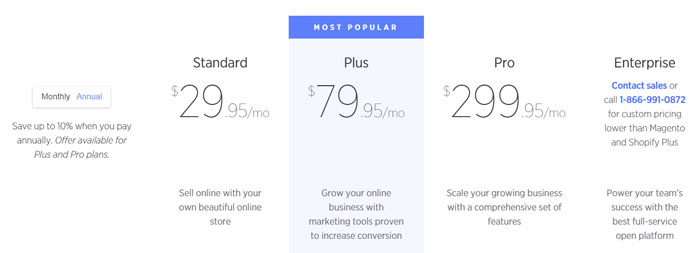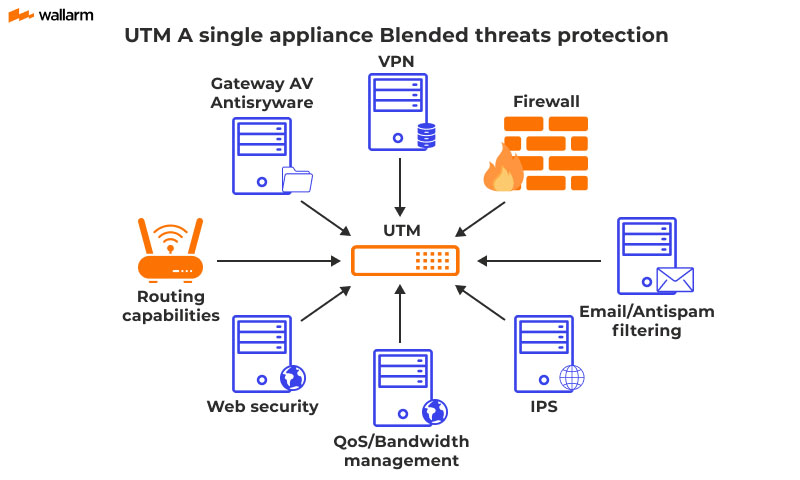SSL Certificate For Website Is Yours Secure
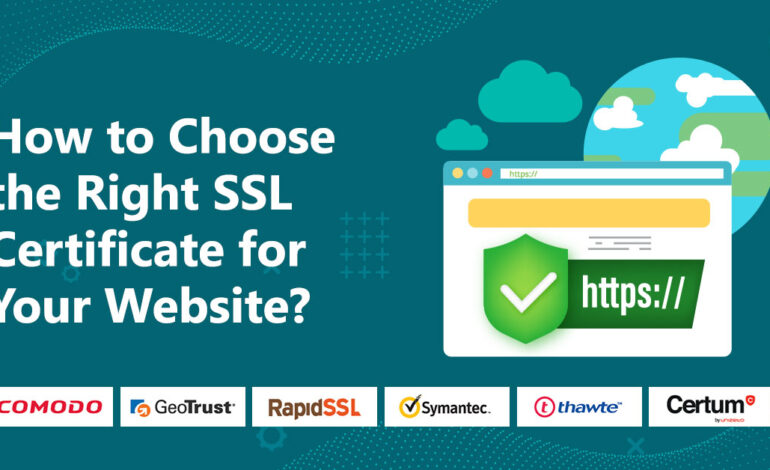
Did you know that websites without a certain “lock” icon could be silently scaring away potential customers? That “lock,” a seemingly small detail, signifies a Secure Sockets Layer (SSL) certificate, and it’s absolutely crucial for establishing trust and security on your website.
An SSL certificate is essentially a digital credential that encrypts the data exchanged between your website and its visitors. Without it, sensitive information like passwords, credit card details, and personal data is vulnerable to interception. This article will demystify SSL certificates, explaining why they’re not just a nice-to-have but a necessity for any website owner.
We’ll explore the different types of SSL certificates available, how to choose the right one for your needs, and the step-by-step process of installing and maintaining it, ensuring your website remains secure and trusted by visitors and search engines alike.
Understanding SSL Certificates for Your Website
So, you’ve got a website. Awesome! But is it truly secure? That’s where SSL certificates come into play. They’re not just fancy digital badges; they are crucial for protecting your visitors and your reputation.
An SSL certificate, short for Secure Sockets Layer certificate, creates a secure, encrypted connection between a web server and a user’s browser. Think of it like a secret code that only the server and browser understand.
Without this encryption, information sent between the user and the website could be intercepted and read by malicious individuals. It’s like sending a postcard versus a sealed letter – privacy matters!
Therefore, having an SSL certificate builds trust with your audience. No one wants to see that “Not Secure” warning; it’s a major red flag. A valid certificate assures people their data is safe.
Why You Absolutely Need an SSL Certificate
Frankly, in today’s digital landscape, not having an SSL certificate is detrimental. Search engines like Google actively penalize sites without them, pushing them further down search results.
Users are more savvy than ever. They understand the implications of sharing personal data on a site without SSL encryption. They will often simply click away to a competitor’s more secure page.
An SSL certificate also verifies the website’s identity. This authentication process confirms that the website is genuine and not a phishing site attempting to steal visitor’s sensitive information.
Beyond search engine ranking and user trust, many web browsers outright block access to websites without SSL. This severely limits your potential audience and damages your online presence.
Different Types of SSL Certificates Explained
Navigating the world of SSL certificates can feel like alphabet soup – DV, OV, EV – what does it all mean? Each type offers a different level of validation and security.
Domain Validated (DV) Certificates: These are the most basic type, verifying only that you control the domain. They’re quick and easy to obtain, ideal for blogs or personal websites.
Organization Validated (OV) Certificates: OV certificates go a step further, verifying the organization’s identity in addition to the domain. These inspire more trust.
Extended Validation (EV) Certificates: EV certificates offer the highest level of validation. They require thorough verification of the organization, displaying a prominent green address bar.
Choosing the correct type depends on your business needs. Larger businesses or those handling sensitive data often opt for the greater security offered by OV or EV certificates.
How to Get an SSL Certificate
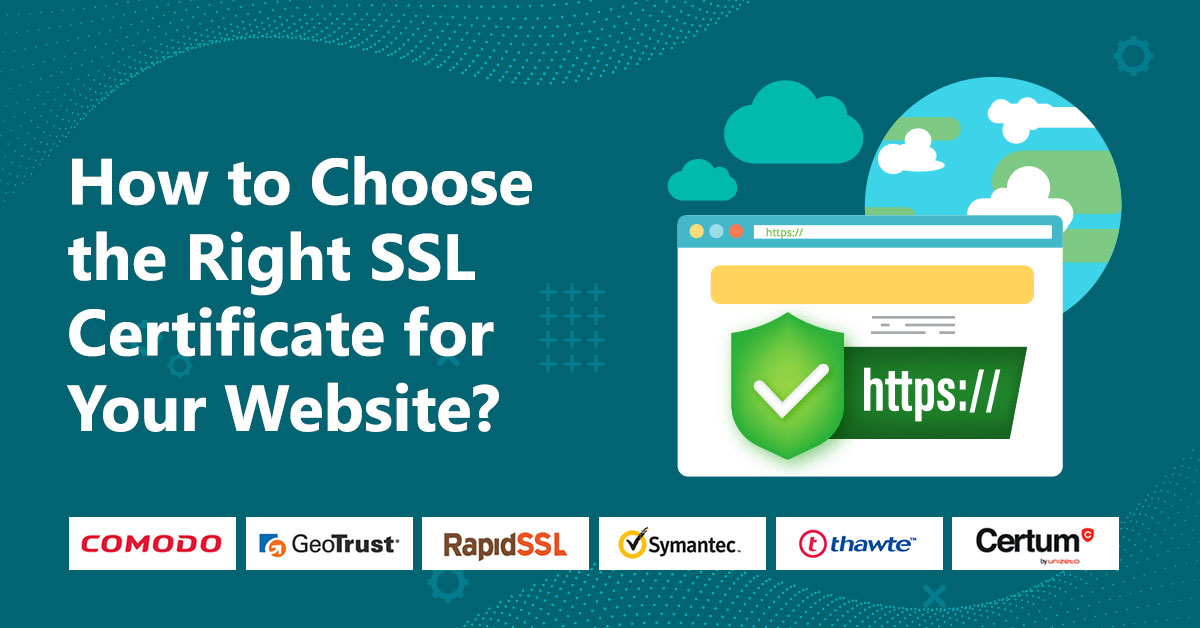
Obtaining an SSL certificate doesn’t need to be complex. You can acquire one through various certificate authorities (CAs) or your web hosting provider. Many offer integrated solutions.
Start by choosing the correct certificate type to match your requirements. Then, generate a Certificate Signing Request (CSR) from your server; your hosting provider can usually help.
Submit the CSR to the chosen CA, along with any required documentation. After the validation process, the CA will issue your SSL certificate.
Finally, install the SSL certificate on your web server. Your hosting provider will have guides on this process. Once installed, your website will be accessible via HTTPS, showing a secure connection.
Renewing Your SSL Certificate: Don’t Let It Expire!
SSL certificates don’t last forever. They expire, typically after one or two years. Letting your certificate expire is a big mistake, leading to warnings for your visitors.
Most CAs send reminders before expiration. Pay attention to these! The renewal process is usually similar to the initial purchase, involving generating a new CSR and re-validating your information.
Automated renewal options are often available through hosting providers or certificate managers. This provides a hassle-free experience, ensuring uninterrupted security for your website.
Keeping your SSL certificate up-to-date is essential. Think of it like a car’s MOT; it guarantees your website is safe and secure for everyone. Always prioritize this important security measure.
